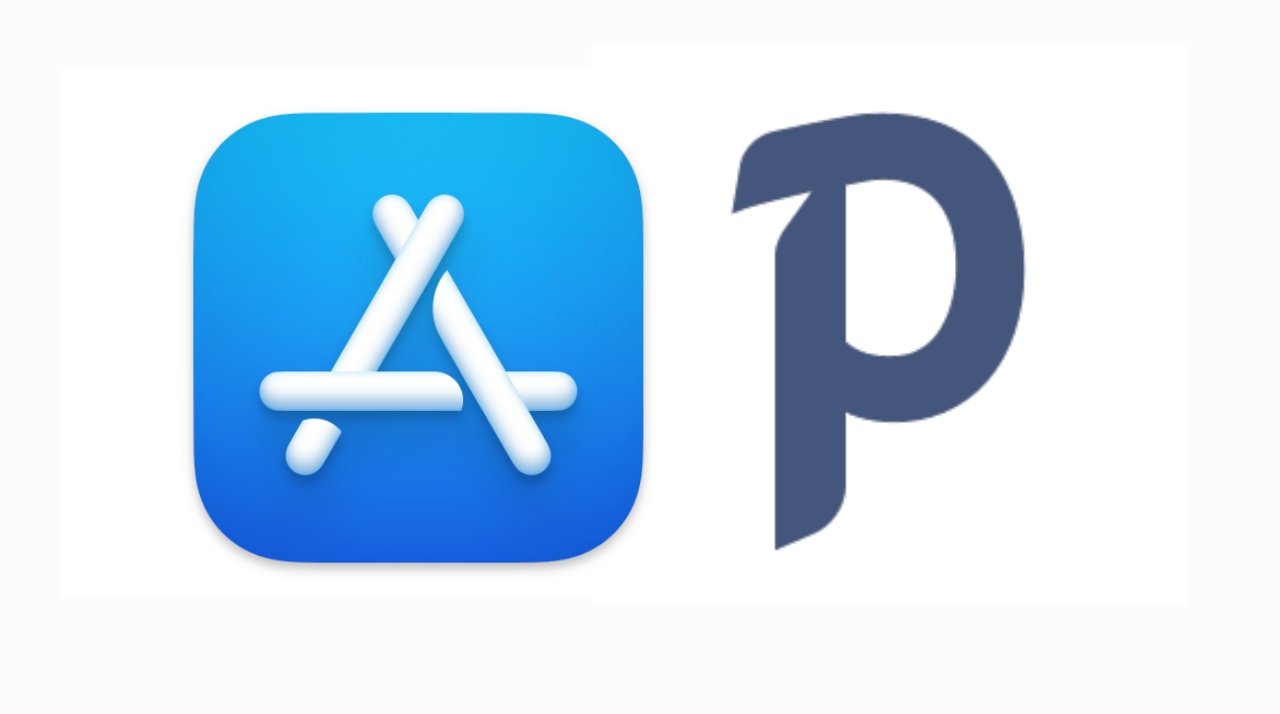Paddle has announced increased funding and claims its alternative to App Store in-app purchases is ready to go, but is delayed as Epic Games versus Apple continues in appeal.

Paddle intends to offer developers an alternative to Apple's in-app payment system
Paddle is a software as service company which offers business to business payment systems, and it as part of this billing backend technology that it has now raised a further $200 million in investment. The company made news in 2021, however, for believing it could replace Apple's own in-app purchasing system in the App Store.
That belief came from how Judge Yvonne Gonzales Rogers, in the Epic Games versus Apple case, ruled over what are called anti-steering measures. The ruling means that Apple will be "restrained and enjoined" from preventing developers telling their users about other ways to pay.
It specifically means that if a developer wants to promote some special offer on their website, Apple would no longer be able to prevent them saying so on the app's screen.
Paddle has interpreted this to mean that developers will be able to swap out Apple's in-app purchase system for one it develops. According to TechCrunch, Paddle now says that it has 2,000 developers signed up to try it out.
"The product is built and ready to go," Christian Owens, Paddle CEO and co-founder told TechCrunch.
Introducing the new Paddle In-App Purchase - the industry's first alternative in-app Purchasing system for iOS, launching December 7th 2021.
-- Paddle (@PaddleHQ) October 7, 2021
All the same benefits as the App Store, without the hefty price tag.
Find out more here: https://t.co/2p14gMV7nE
Paddle In-App Purchase did not launch on December 7, 2021, as advertised. According to Owens, Paddle has been holding off while the Epic Games versus Apple case continues. Without specifying any details, Owens reportedly also told TechCrunch that he had found Paddle's name included in an update to Apple's complaint.
Including the latest funding round, Paddle has amassed $293 million in investment, and while it continues to primarily work with its own payment systems for other businesses, Owens felt "encouraged" to create an alternative to Apple's system.
"There is one thing Apple has done right, which is to build a full set of tools around commerce for these businesses," he told the publication. "[But there] has to be an alternative to cover all that as well."
Paddle presumes that apps will stay in the App Store and continue to receive that service's hosting and support, but with developers not paying Apple. Instead, they would pay Paddle 10% for transactions under $10, 5% on transactions over $10.
"All the same benefits as the App Store," said Paddle's original announcement, "without the hefty price tag."
Owens has seemingly not said that Paddle will continue to wait for the Epic Games versus Apple case to be fully resolved and concluded. If it does, however, it may not launch its in-app rival for many years, as the case has moved into appeals.
